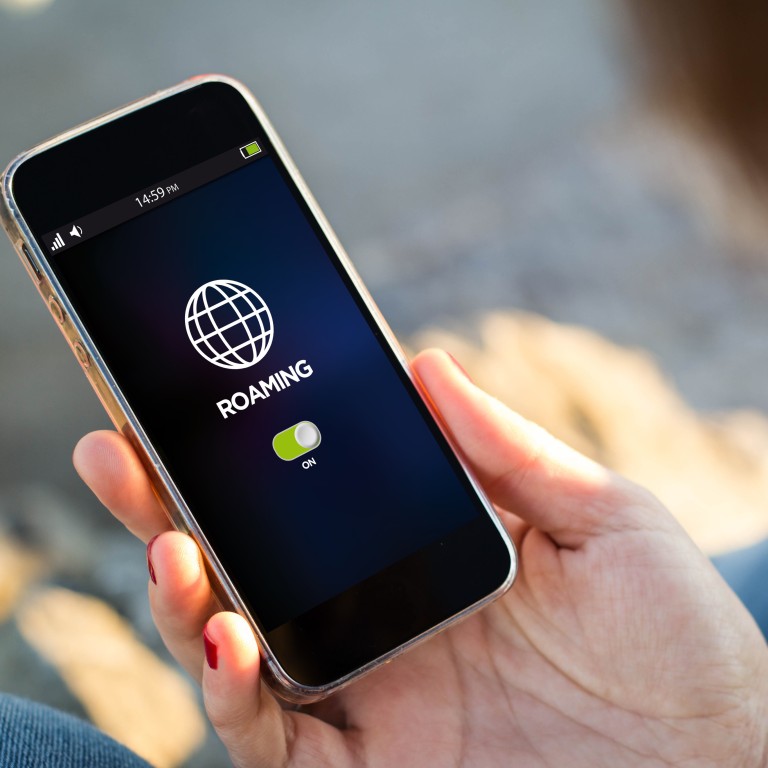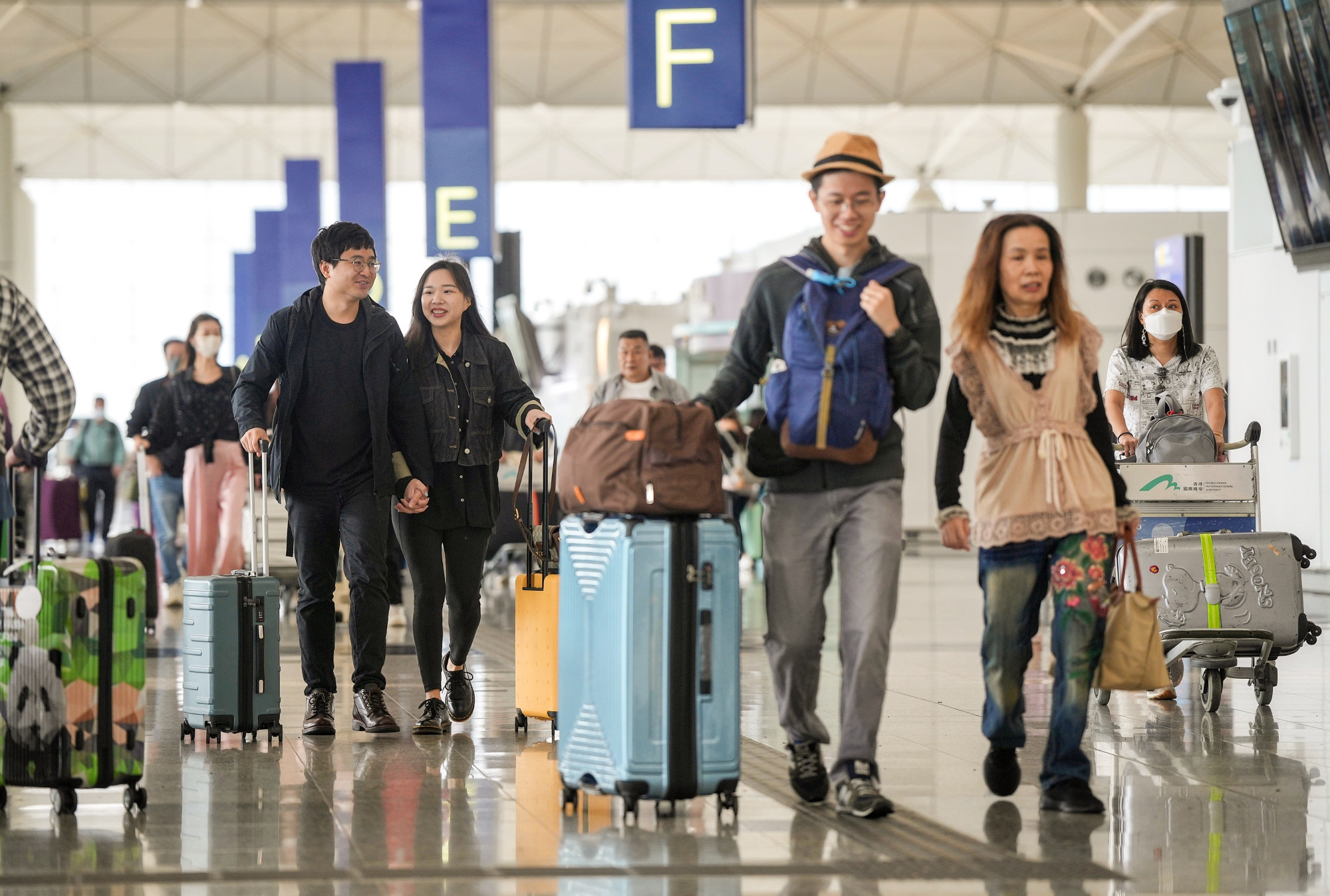
HK$10,100 phone bill while travelling? Hong Kong consumer watchdog warns users against roaming charges, compensation terms for mishandled baggage
- Complaints logged this year surging with return of travel after pandemic
- Users urged to be more vigilant when looking at purchasing terms
Hong Kong’s consumer watchdog on Thursday urged travellers to be extra vigilant amid increasing complaints over roaming services and inconsistent compensation amounts for mishandled baggage across airlines.
The Consumer Council said it received 1,213 complaints against telecom services between January and August, a jump of 70 per cent from 711 in the same period last year, and nearly equalling the 1,246 reports logged for the whole of 2021.
“With the vast variety of services available on the market, if telecom service providers offer an overly simple explanation during the sales process, discrepancies with consumers’ understanding of certain details may give rise to disputes,” vice-chairman of the council’s research and testing committee Victor Lui Wing-cheong said.

“Don’t purchase hastily and don’t assume it’s very straightforward,” said council chief executive Gilly Wong Fung-han, adding that objections to changes related to account settings or services should be voiced promptly and directly with telecom providers.
One complainant reported a whopping bill of about HK$10,100 (US$1,290) for roaming calls on her Hong Kong mobile number in Canada, between January and February. For those two months, she was charged three times over the next three months – at HK$170, HK$4,900 and HK$5,050.
The complainant said the two- to three-month delay in invoicing, with both her April and May bills detailing calculations only to the end of February, could mislead users into continuing with the roaming service.
The telecom provider involved in the case had explained that the delay was due to dilatory data roaming usage from local service providers in Canada.
At the intervention of the council, the telecom provider offered a 20 per cent discount on the total bill in question, and deactivated call and roaming services at the complainant’s request.
The watchdog also cited other cases among telecom companies such as assuming users still required services if they did not reply to text alerts and automatically activating data roaming despite requests to shut these down years ago.
Hong Kong consumer watchdog slams 4 pharmacies over poor sales practices
Meanwhile, complaints against airline compensation for mishandled baggage soared to 61 cases between January and August this year, from 14 in 2022 and five in 2021 in the same period.
The council noted terms and conditions of some airlines lacked transparency, with claims handled on a “depending-on-circumstances” basis, which could spark disputes.
The watchdog surveyed 22 airlines operating flights to and from Hong Kong, and found that the time required for passengers claiming compensation to declare their baggage loss ranged between five and 45 days.
It also found that the cash allowance for delayed baggage could differ up to fourfold – from HK$237 to HK$1,777 – with airlines stipulating different requirements for eligibility.
Hong Kong consumer watchdog find online stores breach HK$1 plastic bag charge
In particular, the council found that three carriers – AirAsia, Thai Airways and Air New Zealand – specified that checked baggage must be delayed for more than 24 hours to be eligible for reimbursements.
A case the council raised this year involved about HK$10,000 and concerned a couple whose luggage was delayed on a trip to Madrid in Spain. They claimed airline staff said there was no threshold for purchasing daily supplies in the event of lost baggage, as long as these were reasonable.
However, the airline later said it could only compensate around €400 (HK$3,361) of their purchases of about €1,200.
“There is clearly a discrepancy between understanding and expectations,” Wong said, adding the case was at present being processed.
Another complainant returned to Hong Kong from India in October 2021 and found a wheel on his luggage case had gone missing. The airline said it would only compensate him HK$125.

But Wong on Thursday said according to international practice, the carrier should either replace or repair the suitcase. Upon a complaint filed to the council, the airline agreed on a compensation of HK$3,296 for a suitcase that cost HK$10,029, taking into account the depreciation rate.
The council reminded travellers that the calculation of lost-luggage compensation, including items in suitcases, usually involved depreciation. While two airlines claimed not to apply such rates, the remaining 18 surveyed said they had an annual rate of 8 to 15 per cent.
“International air travel passengers are typically protected by the Warsaw Convention or the Montreal Convention,” Lui said.
“These conventions outline the liability of airlines during the transport process … and in case of baggage mishaps,” he said, adding that if a passenger’s baggage was of higher value, the compensation might not be able to fully cover losses.

